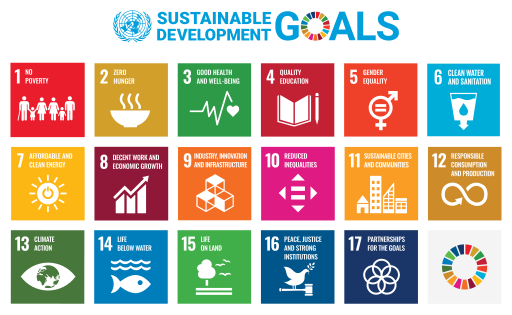Methane capture through livestock and landfill management if one of our key priority area.
Methane is a potent greenhouse gas—over 80 times more effective than carbon dioxide at trapping heat in the atmosphere over a 20-year period. While it occurs naturally, human activities like agriculture, fossil fuel extraction, and waste management have dramatically increased methane emissions.
Capturing methane before it enters the atmosphere is crucial for climate balance. By intercepting it at sources like landfills, livestock operations, and oil rigs, we reduce its warming effect and even repurpose it as a clean energy source. This not only helps slow global warming but also improves air quality and supports circular economies.
Methane capture is a powerful tool for climate action—protecting our atmosphere, public health, and future generations.
The livestock sector in Bangladesh significantly contributes to greenhouse gas (GHG) emissions, primarily through methane emissions from ruminants. RJE initiative aims to reduce methane emissions by implementing community-based and household biogas plants, ensuring efficient waste management, and converting emissions into valuable carbon credits. This aligns with Bangladesh’s Nationally Determined Contributions (NDCs) under the Paris Agreement, where the country targets a 27.56 Mt CO₂e (6.73%) unconditional reduction and a 61.9 Mt CO₂e (15.12%) conditional reduction below the business-as-usual (BAU) scenario by 2030. RJE is pioneering methane capture in the livestock sector, advancing climate action, economic empowerment, and energy security—making livestock farming more sustainable and profitable for rural communities across Bangladesh. Through our holistic approach, we have successfully reduced methane emissions from livestock by implementing biogas technology and smart livestock management practices. This approach not only mitigates methane release but also converts it into carbon credits, directly supporting Bangladesh’s climate goals and contributing to global decarbonization efforts.
With rapid urbanization and population growth, Bangladesh generates an increasing volume of waste every day. Poorly managed landfills not only pollute air, soil, and water but also emit large amounts of methane—a powerful greenhouse gas contributing to climate change.
Effective landfill management is essential to protect public health, reduce environmental degradation, and combat climate impacts. By adopting sustainable waste practices such as waste segregation, recycling, and methane capture, Bangladesh can turn landfills from pollution hotspots into opportunities for clean energy, job creation, and climate resilience.
Smart landfill management is not just an environmental necessity—it's a key step toward a healthier, greener, and more sustainable Bangladesh.
RJE is actively engaged in landfill management across Bangladesh, working in close collaboration with municipalities and city corporations to improve waste handling practices, reduce environmental pollution, and promote sustainable urban development. Through these partnerships, RJE supports the implementation of modern waste segregation systems, methane capture technologies, and circular economy principles—transforming unmanaged landfills into cleaner, more efficient, and climate-smart waste management hubs.


House - 92, Road-05, Block-D,
Basundhara Residential Area, Baridhara,
Dhaka-1212, Bangladesh
House-37, Road-11, Block-H
Banani, Dhaka-1213 Bangladesh